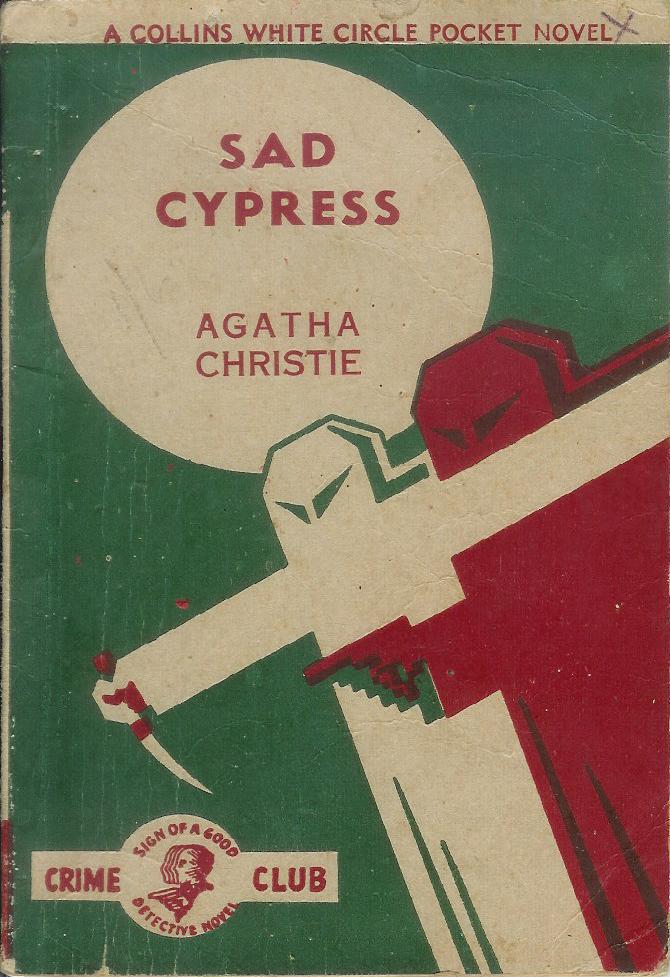What happens when statistics and literature collide?
One outcome is NPR’s Radio Lab‘s mini-doc “Vanishing Words”. It’s a thought provoking look into what can be gleaned from the statistical analysis of a person’s collected writing. From Radio Lab’s site:
Agatha Christie’s clever detective novels may reveal more about the inner workings of the human mind than she intended. In this podcast, a look at what scientists uncover when they treat words like data.
According to Dr. Ian Lancashire at the University of Toronto, the Queen of Crime left behind hidden clues to the real-life mysteries of human aging in her writing. Meanwhile, Dr. Kelvin Lim and Dr. Serguei Pakhomov from the University of Minnesota add to the intrigue with the story of an unexpected find in a convent archive that could someday help pinpoint very early warning signs for Alzheimer’s disease and dementia. Sister Alberta Sheridan, a 94-year-old Nun Study participant, reads an essay she wrote more than 70 years ago.
Listen here.
Radio Lab has a great knack for finding the compelling human side of just about any science topic. It’s well produced, humourous and straight forward. I’d call it worth checking out.A footnote of sorts: Ian Lancashire mentions early in the interview that Milton doesn’t use the word “because” in his poetry. Being inquisitive and a little incredulous, I looked into this.
I found an online concordance that lists the use of the word. And, a word search of Paradise Lost via Project Guttenberg turns up lots of references to “because”, too. Wondering if I was missing something, I emailed the Lancashire at U of T.
His response: “A colleague several decades ago reported this after doing an early computer-based concordance of Milton; that’s my memory. For another explanation, see passim my “Forgetful Muses” (University of Toronto Press, 2010) and, in general, the behaviour of the default mode network when, as in conversation, the cognitive control network cannot intervene.”
In other words, this slip or confusion (something we’ve all experienced) is indicative of the same involuntary cognitive processes his research reveals.
Interactive science! Thanks for your response , Ian.


No comments